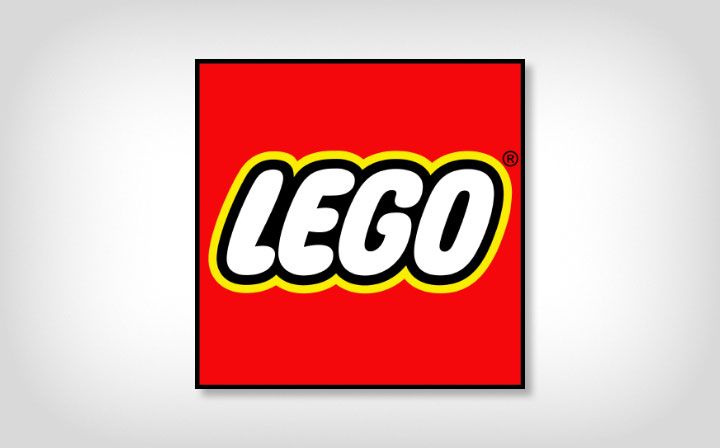Danish toy producer Lego is facing severe staff cuts following what has been a disappointing 2017 thus far.
Revenue fell by 5 percent to 14.9 billion kroner during the first half of the year, while the operating profit fell by 6 percent to 4.4 billion kroner. A total of 1,400 employees will be let go as a result – including over 500 in Denmark alone.
“We are very sorry to make changes that may interfere with the lives of many of our colleagues. Our colleagues put so much passion into their work every day and we are deeply grateful for that. Unfortunately, it is essential for us to make these tough decisions,” said the LEGO Group chairman, Jørgen Vig Knudstorp.
READ MORE: Architect-designed, full-scale Lego play house to open shortly
Reset button
Knudstorp contended that over the past five years, Lego had become an increasingly complex organisation in an effort to support global double-digit growth.
This organisational intricacy had made it more difficult to generate further growth and the company has been forced to hit the “reset button”.
“This means we will build a smaller and less complex organisation than we have today, which will simplify our business model in order to reach more children. It will also impact our costs,” said Knudstorp.
“Finally, in some markets the reset entails addressing a clean-up of inventories across the entire value chain. The work is well under way.”














